AI Answer Evaluation Platform Live Now. Try Free Answer Evaluation Now
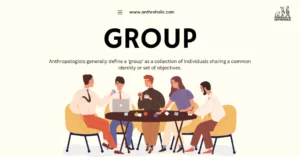
Group
The concept of a ‘group’ serves as a cornerstone in social anthropology, providing essential insights into the structures and dynamics that define human social interaction.
+91-7303290503, +91-9557169661 | MON to SUN 10:00 AM - 6:00 PM

The concept of a ‘group’ serves as a cornerstone in social anthropology, providing essential insights into the structures and dynamics that define human social interaction.
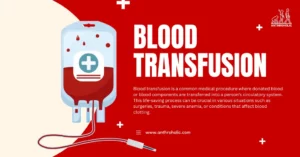
Blood transfusion is a common medical procedure where donated blood or blood components are transferred into a person's circulatory system. This life-saving process can be crucial in various situations such as surgeries, trauma, severe anemia, or conditions that affect blood clotting.
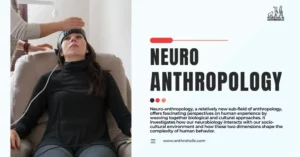
Neuro-anthropology, a relatively new sub-field of anthropology, offers fascinating perspectives on human experience by weaving together biological and cultural approaches.
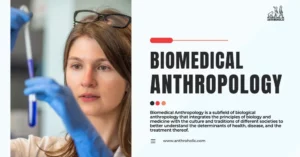
Biomedical Anthropology is a subfield of biological anthropology that integrates the principles of biology and medicine with the culture and traditions of different societies to better understand the determinants of health, disease, and the treatment thereof.
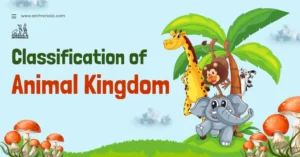
The classification of the animal kingdom has journeyed from simple, observation-based categorization to sophisticated, data-driven systems reflecting evolutionary relationships.
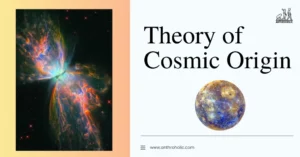
The Theory of Cosmic Origin, often referred to as panspermia, is a scientific hypothesis suggesting that life exists throughout the universe and is dispersed via cosmic dust, meteoroids, asteroids, comets, and other celestial bodies.
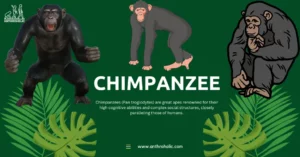
Chimpanzees (Pan troglodytes) are great apes renowned for their high cognitive abilities and complex social structures, closely paralleling those of humans
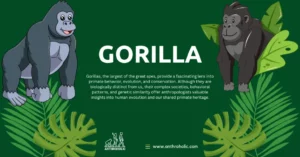
Gorillas, the largest of the great apes, provide a fascinating lens into primate behavior, evolution, and conservation. Although they are biologically distinct from us, their complex societies, behavioral patterns, and genetic similarity offer anthropologists valuable insights into human evolution and our shared primate heritage.
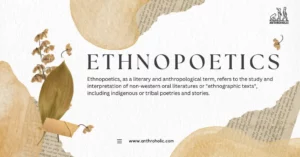
Ethnopoetics, as a literary and anthropological term, refers to the study and interpretation of non-western oral literatures or "ethnographic texts", including indigenous or tribal poetries and stories.
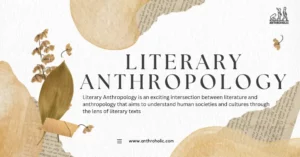
Literary Anthropology is an exciting intersection between literature and anthropology that aims to understand human societies and cultures through the lens of literary texts.
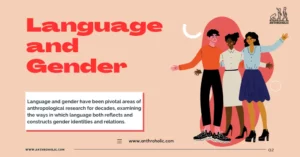
Language and gender have been pivotal areas of anthropological research for decades, examining the ways in which language both reflects and constructs gender identities and relations.
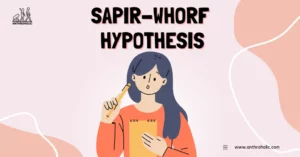
The Sapir-Whorf Hypothesis, a seminal concept in the field of linguistic anthropology, posits a relationship between language, thought, and culture, emphasizing that our understanding and perception of reality are influenced by the language we use